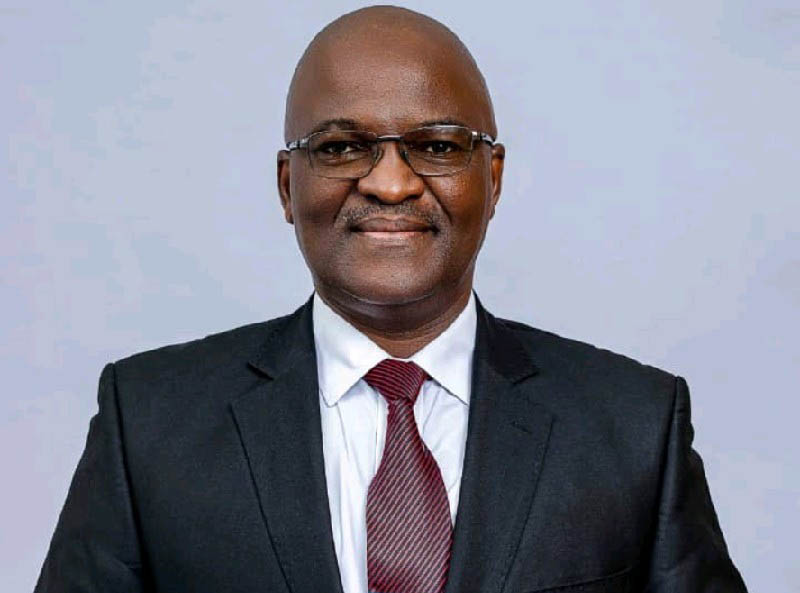AT LEAST 69 percent of Zimbabweans say they are satisfied with the quality of services they are receiving from service providers, according to the State of Services Economy Survey (SOSES) launched in the capital last week.
The survey is a product of a partnership involving financial services giant ZB Financial Holdings Limited (ZBFHL), Topline Research Solutions, Tatu, and The Financial Gazette. The survey targeted respondents aged from 18 years and above, large corporates, SMEs, NGOs, parastatals, and government ministries.
The research used 10 sectors identified by the World Bank as anchors of the service economy in developing countries, including utilities, health, education, telecommunication, banking, retail, tourism, transport, insurance, and energy to track the service economy situation in the country.
“We tracked national customer service quality using the national, sectoral, and corporate levels focusing on the Customer Satisfaction Index (CSI), Customer Effort Score, and Customer experience metrics. “Data was weighted to Zimstat 2022 Demographic survey population figures and the same was used as a sampling frame.
“Household and respondent selection was based on random selection to give every individual an equal chance of participation,” said Topline Research Solutions chief executive Patson Gasura.
“The 69 percent satisfaction with service quality came after we successfully interviewed 2 000 individuals, 500 corporate face-to-face interviews, 10 focus group discussions and we employed 300 mystery shoppers to determine the quality of service across all the sec[1]tors of the economy,” said Gasura.
Mystery shopping is a triangulation method of gauging customer experience where after the custom[1]er survey, individuals are recruited to portray actual customers that shop at a store, and feedback is then taken through these ‘mystery shoppers’ and the researcher uses it to validate the accuracy of the survey findings.
“Then we came up with the overall sectorial SOSES service index. The banking sector stood at 72 percent, education at 64 percent, energy at 79 percent, and the health sector scored 60 percent. “The insurance or assurance sector scored 75 percent, the retail sector stood at 72 percent and the telecommunication sector scored 71 percent. The tourism sector scored 76 percent, the transport sector scored 72 percent and the utilities sector stood at 59 percent,” said Gasura.
This comes as the service economy is playing a fundamental role in shaping the overall global economy with the Organisation for Economic Cooperation and Development (OECD), attributing services to 60 percent of the Gross Domestic Product (GDP).
The service economy continues to increasingly drive the global economic transformation and accounts for 55 percent of GDP in developed economies, 70 percent in Europe, and 78 percent in the United States, according to the World Bank.
Beyond this, the survey seeks to provide thought leadership in transforming service delivery across all sectors in the country as well as tracking service excellence, recognising champions in service excellence, and influencing national policy for the service sector economy. By Beaven Dhliwayo
GROUP FEATURES EDITOR



